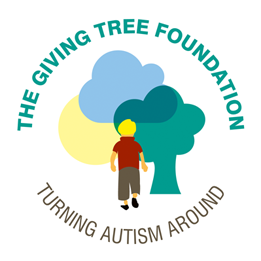Ny Times: The Kids Who Beat Autism
Two research groups released “systematic studies, providing the best evidence yet that in fact a small but reliable subset of children really do overcome autism”. Led by Deborah Fein, the study followed 34 young people who had overcome the symptoms of autism, describing this as the “optimal outcome”. These 34 were compared with 44 young people who were evaluated as “high functioning” autistic, as well as 34 typically developing peers. A study previous to this, led by Catherine Lord, tracked 85 children from their autism diagnosis for nearly 20 years, and found that 9% of them no longer met the criteria for the disorder.
It has been argued that the systematic use of intense behavioural therapy could improve language, cognition and social functioning in most children with autism. A few studies have occasionally claimed that a small percentage of children can actually overcome the symptoms of autism entirely. Although these have usually been waived off, the two studies by Deborah Fein, a clinical neuropsychologist from the University of Connecticut, and Catherine Lord, a renowned leader in the diagnosis and evaluation of autism, have shown that in some cases children cease to display symptoms associated with autism diagnosis.
These studies find that the symptoms of autism may disappear in some cases after the intensive use of behavioural therapy. O. Ivar Lovaas initially put this model of treatment together in 1987, thus creating the primary techniques for ABA (Applied Behavioural Analysis). In his study, Lovaas gave 19 pre-schoolers 40 hours of intensive ABA therapy per week, whilst giving an equal number of children 10 hours or less. His findings showed that nearly half of the children receiving the intense therapy recovered from most of their symptoms, while none of the children receiving less hours did. His study was received a lot of scepticism due to some methodological problems. However, many studies replicated his methods, and although they did not reproduce Lovaas’ findings, they did show that intensive behavioural therapy was indeed advantageous for children with autism.
These findings of Fein and Lord’s studies come at a time when the number of autism cases is rising rapidly across the nation. The studies do not try to determine the causes of autism and what exactly makes it go away. However, they do hint toward some clues that may help the process, such as the role of I.Q., or a child’s levels of motivation. Undoubtedly, parental involvement seems to correlate with more improvements in symptoms.
Source: https://www.nytimes.com/2014/08/03/magazine/the-kids-who-beat-autism.html?smid=tw-share&_r=0
